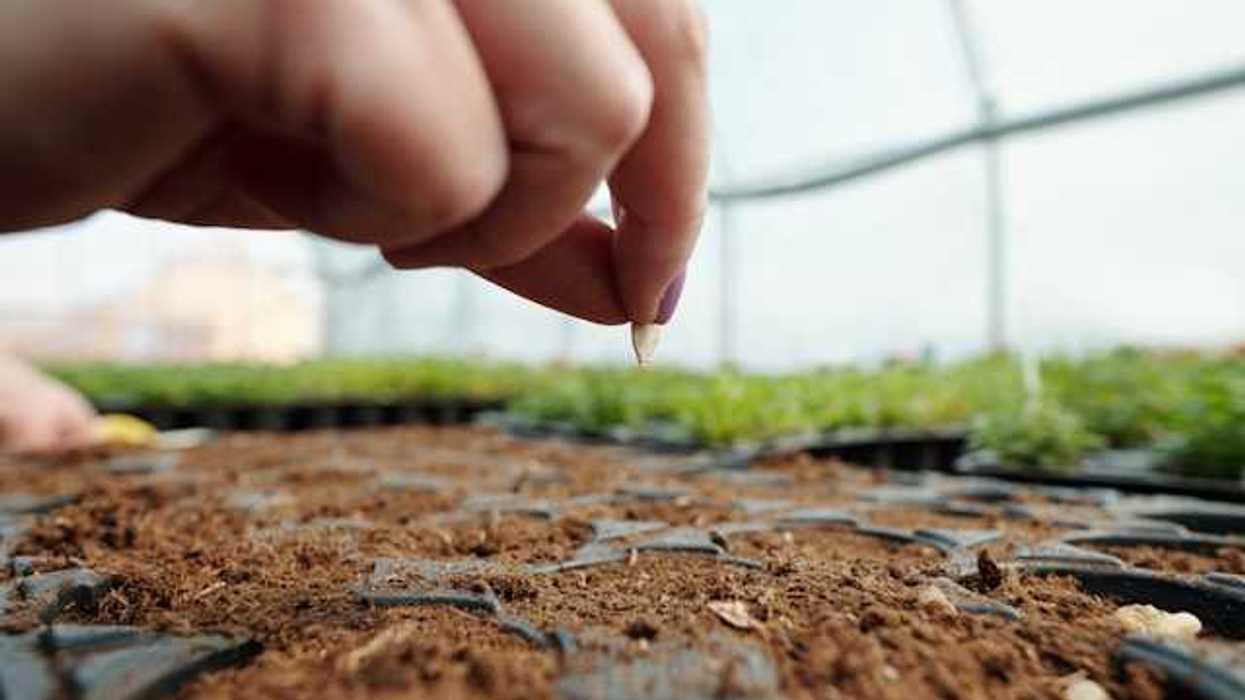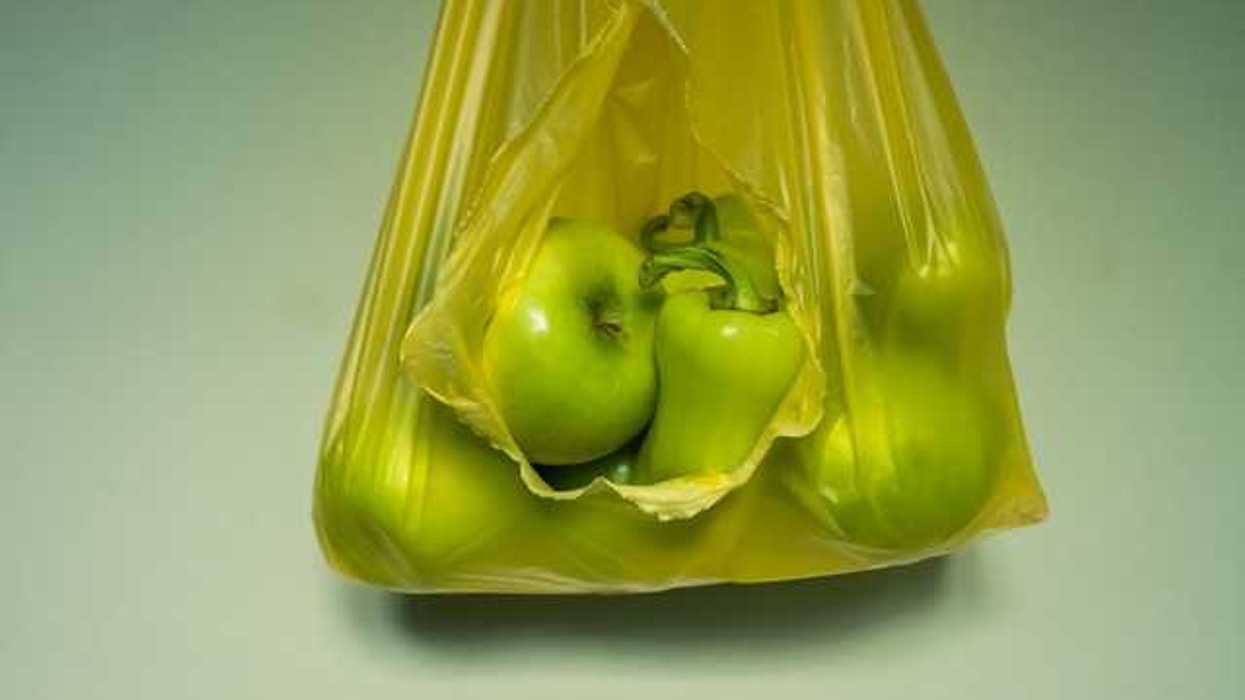Consumer Reports reveals alarming levels of pesticides in many U.S. fruits and vegetables.
Catherine Roberts reports for Consumer Reports and The Guardian.
In short:
- Consumer Reports analyzed seven years of U.S.Department of Agriculture data, finding significant pesticide risks in 20% of tested fruits and vegetables, including popular items like strawberries and potatoes.
- The report highlights both persistent issues with banned pesticides still appearing in samples and the failure of regulatory actions to quickly adapt to these threats.
- Despite these concerns, a majority of the produce analyzed posed little risk, particularly organic options which show much lower levels of pesticide residues.
Key quote:
“The way the [U.S. Environmental Protection Agency] assesses pesticide risk doesn’t reflect cutting-edge science and can’t account for all the ways the chemicals might affect people’s health, especially given that people are often exposed to multiple pesticides at a time."
— Michael Hansen, senior scientist, Consumer Reports
Why this matters:
Understanding the ongoing presence of hazardous pesticides in our food is crucial for health outcomes, particularly for vulnerable populations such as children and pregnant women. Read more about pesticide exposure in EHN's three-part series: Adrift: Communities on the front lines of pesticide exposure fight for change.














